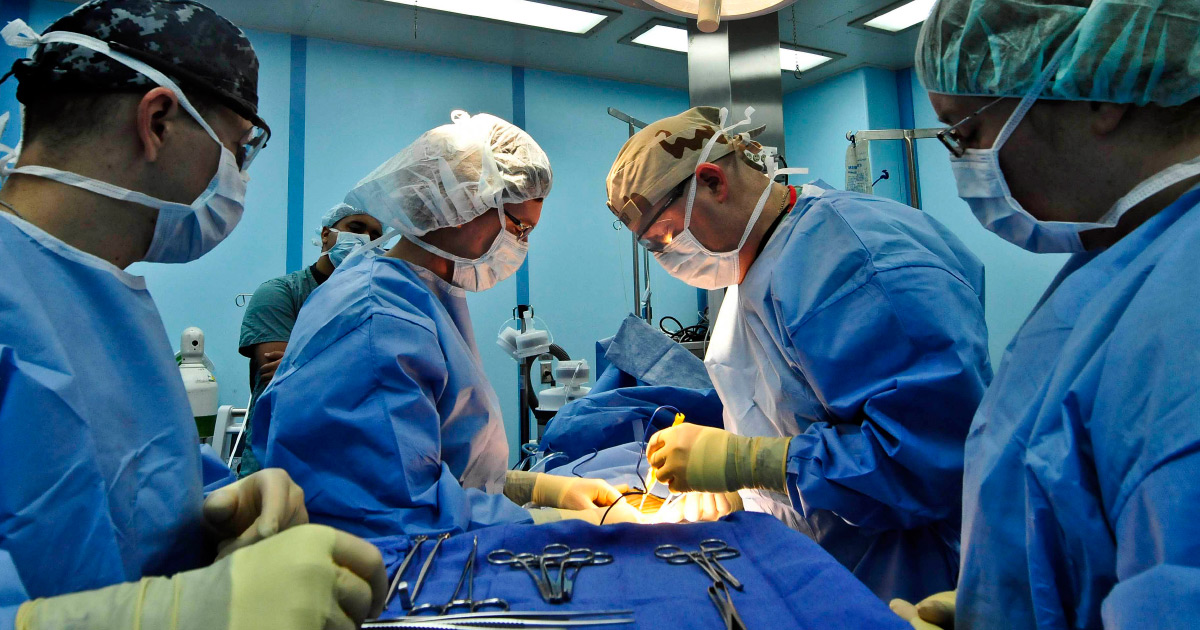This month many of us will celebrate Christmas or Hanukkah. In addition to the deeply religious aspects of the season, we celebrate the holidays by spending time with family and friends and of course by exchanging gifts.
Many people, however, will be unable to celebrate. The reason? They are waiting for an organ transplant. According to the U.S. Department of Health and Human Services, more than 123,000 people in the country need a lifesaving transplant.
For many of these patients, the new organ they so desperately need will never arrive. Between January and August of this year, only 20,704 transplants were performed from a mere 10,051 donors. Of the more than 101,000 people in the United States who need a kidney, fewer than 17,000 will receive a transplant this year. Every 14 minutes someone new is added to the list. Every day 12 people die because they cannot receive a transplant and others become too ill to receive one.
The need for organs is growing. As technology improves, transplants have the potential to help more people live longer, healthier lives. But the same technological improvements also save the lives of many would-be organ donors. Taken together, the demand for organs grows while the supply isn’t likely to catch up.
One solution to this problem is to allow the sale of human organs. Individuals in search of a kidney, part of a liver, etc., could pay a willing seller for his or her organ. In the United States such sales are illegal under the National Organ Transplant Act. Encouraging “donation” by offering any sort of payment is also illegal.
Many people object to a free market in organs for several reasons. But on further examination, such objections just don’t hold water.
Critics argue that only poor people would be willing to sell their organs, and these desperate individuals would do so without understanding the consequences of their actions. However, three things should be considered with regard to this objection. First, we can imagine a waiting period between agreeing to sell your organ and the actual transaction, preventing any “heat of the moment” decisions. Second, even if only poor people sold their organs, the donors would still be better off. Since they would sell their organs for cash, they clearly would value the money more than their organs. On the black market a kidney can sell for $160,000. Even if donors only receive 1% of this price, or $1,600, such a payday could be more than three times what a person could earn in a year in some parts of the world. Third, poor people sell their organs today, but they do it on the black market. This means that if things go bad, the seller has no legal recourse and is less likely to receive proper medical care before, during or after surgery.
Others object that allowing legal sales would lead to organ harvesting. People would be kidnapped and “butchered” for their organs. This objection, however, ignores that all markets are subject to rules. Making it legal to sell your organ would not make it legal for someone to steal one. Second, the illegal harvesting of organs is exactly what we see today. Because selling organs is illegal, the profit opportunities from obtaining organs induce many people to obtain them by violence.
Many people find the selling of organs morally objectionable. But consider that today every person in the operating room during a transplant is compensated--except the donor. The doctors and nurses are paid for their skills, as are the people who clean up following the procedure. The recipient of course is “paid” with a new organ. It seems odd that the person offering the most important thing of all, his or her organ, is the only one left uncompensated.
As we celebrate the holiday season with family and friends, remember those who are unable to be with their loved ones. For many, their need for an organ will keep them from their own holiday plans and traditions. By legalizing the sale of organs, we could allow thousands of people to spend the holidays with their families instead of in hospital beds.









